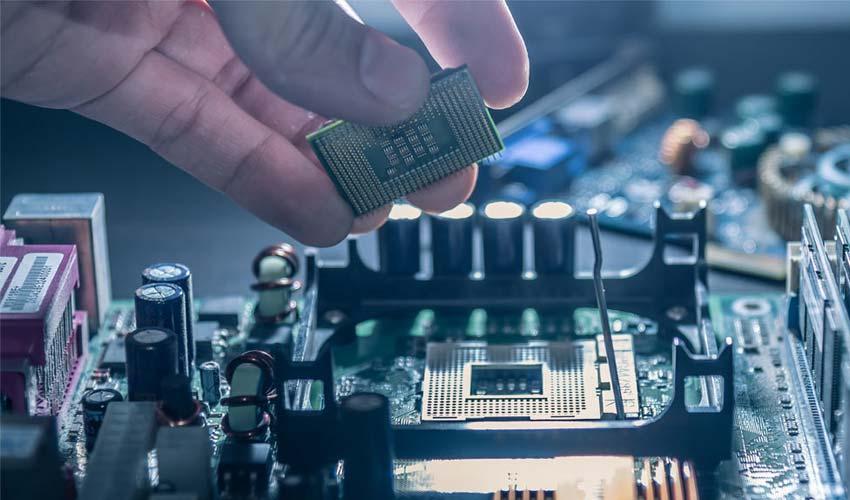
How can I check for software conflicts that may lead to my PC restarting?
Does your Windows Computer often restart instead of shutting down? You are not alone! This is a puzzling problem that can interfere with your flow and lead to data loss. In this article, we will look at ways through which you can put an end to the constant restarting in Windows PC and get back to normal operations. Get ready to retake control of your computer!
Understanding the Problem
However, it’s important to know why a Windows Computer might restart when one wants it to shut down. These include:
Operating system updates
Hardware problems
Software clashes
Broken drivers
Power supply issues
Step-by-step fixes for Windows Computer Restarts
1. Turn off Fast Boot-up
Shutdown problems can sometimes arise from the Fast Startup feature in Windows; this is how you disable it:
Open Control Panel.
Select Power Options.
Then click on Choose what the power buttons do.
Afterward, click on Change settings that are currently unavailable.
Uncheck Turn on fast start-up under Shutdown settings.
Save changes by clicking save changes.
2. Upgrade Your Drivers
Unexpected restarts may result from outdated or corrupted drivers, to upgrade your drivers follow these steps:
Press Windows X and choose Device Manager.
Expand categories then locate and right-click the device that needs updating.
Choose Update driver.
Search automatically for updated driver software to get information for driver updates.
3. Check for Updates on Windows
Make sure that your system is up-to-date and where most of the control windows issues can be solved:
Click the Start menu and go to Settings.
Choose Update & Security.
Now select ‘Check for updates.’
Follow any prompts provided to install available updates.
4. Prevent Automatic Restart upon System Failure
Here is a method of how you can get error codes which will help diagnose the problem by disabling Windows automatic restart:
Press Windows + R, type systemic and hit enter.
In the Advanced tab, click Settings under Startup and Recovery.
Under System Failure, unselect Automatically restart .
Finally, Click the OK button to make changes effective.
5. Use Power Troubleshooter
Windows comes with an inbuilt troubleshooter that diagnoses and fixes power-related problems that may occur:
Open Settings and choose Update & Security.
Next, click on Troubleshoot.
From there, select Additional Troubleshooters.
Go to Power then Run the troubleshooting program
6. Check for Malware
There are times when malware causes unexpected behaviors. Do a full system scan on your computer as described below:
Open your antivirus program.
Choose a Full Scan Option
Follow the on-screen prompts until the scan is over and any threats are removed from your computer.
7. Hardware Checks
Make sure that all hardware components are functioning correctly:
Check your power supply unit (PSU) for any issues.
Ensure all connections are secure.
You may also want to check your RAM and hard drive for errors.
Practical Tips and Best Practices
In addition to the above fixes, such practical tips can help maintain your system’s performance:
Backup files frequently so as not to lose data.
Keep Windows and applications up-to-date.
Do regular disk clean-up and hard drive defragmentation.
Benefits of Resolving Shutdown Issues.
| Benefit | Description |
|---|---|
| Improved Stability | Ensures the system operates smoothly without interruptions. |
| Data Protection | Reduces the risk of data loss from unexpected restarts. |
| Enhanced Performance | Optimizes the computer’s speed and efficiency. |
Firsthand Experience
Oh boy! This was a tricky situation when it happened on my laptop. I had to update some of the drivers and disable fast startup as suggested in the procedures provided above. Following the instructions helped me discover that my laptop now shuts down without any resistance allowing me complete peace while working. By implementing these changes, we are hoping for relief on your part as well!
Conclusion
Nevertheless, fixing a Windows computer restart instead of shutting down the problem is possible if you follow these steps. The solution for this problem is in this article which will guide you through it. Try going through all these solutions and see whether the problem will be sorted out or not; if it does persist then consider seeking help from a professional technician who might give the best advice needed about how to fix it. Let shutdown issues get in your way—take action today!



Leave a Reply